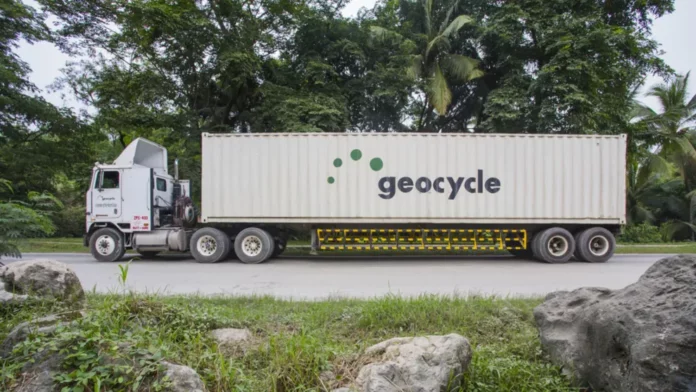Cement manufacturer Holcim Philippines Inc. on Monday said it converted a million tons of wastes into alternative fuel for the production of cement last year.
Holcim’s waste management unit Geocycle said it made productive use of discarded materials from industries and communities through cement kiln co-processing. This helped the company conserve virgin natural resources and avoid high-carbon traditional fuels such as coal while providing partners a safe and environment-friendly waste management solution.
Among the beneficiaries were 35 municipalities and cities nationwide that effectively diverted waste away from landfills.
Geocycle also helped industrial partners manage their wastes, including non-recyclable plastics and completed the installation of facilities for co-processing ozone-depleting substances.
“Co-processing is an important part of our efforts to advance circularity in the construction industry. Our success in reusing discarded materials is further reducing our consumption of natural resources and carbon footprint. This also enables us to help industries and communities achieve their zero waste objectives. We are excited to continue growing our co-processing operations to further contribute to building progress in the country.”
Holcim president and CEO Horia Adrian
Co-processing is a government-approved and globally-recognized waste management technology that repurposes certain wastes into alternative low-carbon fuels and raw materials in making cement.
Among the environmental advantages of co-processing are the extremely high temperatures of kiln and longer treatment time that prevent the formation of harmful gasses. There are also no residues to be landfilled.
Holcim is also increasing its use of low-carbon fuels in cement manufacturing to reduce carbon emissions, cut use of virgin raw materials and contribute to managing wastes in the country.







